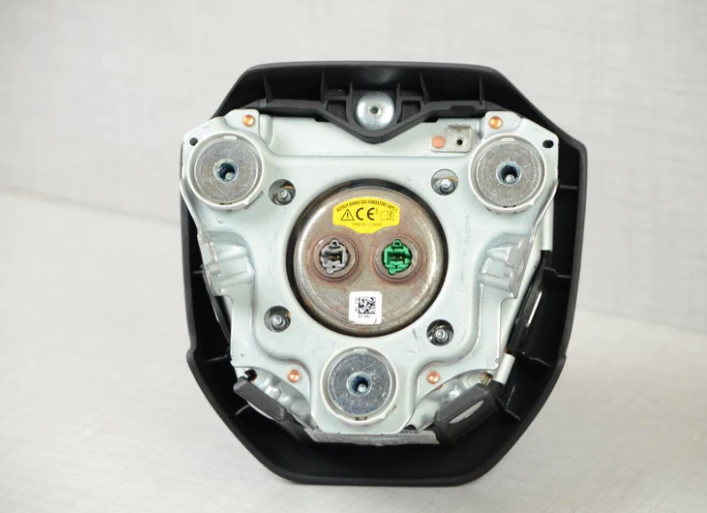When it comes to maintaining your car’s performance, the quality and integrity of every part are critical. Direct auto parts, those obtained from the original equipment manufacturer (OEM) rather than through third-party manufacturers, may have a more significant impact on your vehicle than you think. This blog post explores the importance of direct auto parts in enhancing your car’s performance and ensuring long-term reliability.
The Quality Connection
The term “OEM parts” often conjures up images of high prices and dealer mark-ups, leading some car owners to opt for cheaper alternatives. However, there’s a strong argument for the superior quality of direct auto parts. When you choose OEM, you’re selecting components made by the same company that built your vehicle. This means the parts are designed to the exact specifications of the car’s model, ensuring compatibility, fit, and performance that aftermarket parts can sometimes struggle to match.
One key advantage of OEM parts is the quality of materials. Manufacturers invest in research and development to engineer parts that not only fit right but protect and improve the performance of the vehicle. Consequently, OEM parts often last longer and perform better than generic or aftermarket alternatives. The precision engineering that goes into their design can make a substantial difference in the vehicle’s overall efficiency, handling, and safety.
Compatibility is Key
Modern vehicles are complex systems where every part interacts with multiple other components. Using direct auto parts helps maintain this delicate balance and ensures all vehicle systems function as intended. This heightened level of compatibility extends the life of other parts that interact with the component being replaced, offering better long-term value.
Aftermarket parts, while more affordable, might not be designed to the same standards. This can lead to issues such as poor fit, alignment problems, and knock-on effects that compromise the functionality of surrounding components. In contrast, OEM parts offer a plug-and-play solution, reducing the risk of installation errors and related mechanical issues down the road.
Preserving Your Warranty and Resale Value
Installing OEM parts also helps protect your vehicle’s warranty. Many manufacturers insist on the use of their own parts for repairs covered by warranty, and deviating from this guideline can void the warranty. If your car is relatively new or if you’ve recently invested in an extended warranty, using OEM parts is not just a recommendation; it’s a requirement.
In addition to warranty considerations, the use of OEM parts can also influence your car’s resale value. Prospective buyers are often more confident in the quality of a vehicle that has been consistently maintained with authentic parts. This can make a difference when it’s time to trade in or sell your car.
When to Consider Alternatives
While OEM parts are generally the best choice for maintaining a vehicle’s performance, there are situations where aftermarket or recycled parts may be appropriate. Older vehicles or vehicles with a less complex system may not require the same level of precision that new, intricate models do. Additionally, for some cosmetic parts, aftermarket options can provide similar quality at a lower price.
Consumers must balance cost with value and consider the purpose of the replacement. In cases where the part doesn’t directly impact the vehicle’s core function, an aftermarket part might be a sensible choice. However, when it comes to critical systems and high-performance vehicles, direct auto parts are an investment in the long-term health of your car.
In conclusion, the parts you choose for vehicle maintenance are not just about cost; they’re about the car’s performance and your safety on the road. OEM parts offer a compelling case for performance, quality, and compatibility, making them the preferred choice for many car owners. Next time you’re faced with a repair, consider the ways direct auto parts may keep your car running at its best.
Blog & Magazine
